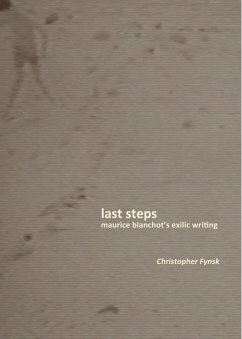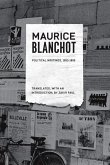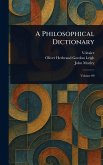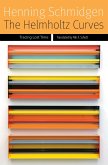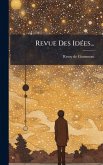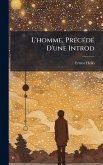Writing, Maurice Blanchot taught us, is not something that is in one's power. It is, rather, a search for a nonpower that refuses mastery, order, and all established authority. For Blanchot, this search was guided by an enigmatic exigency, an arresting rupture, and a promise of justice that required endless contestation of every usurping authority, an endless going out toward the other. "The step/not beyond" ("le pas au-delà") names this exilic passage as it took form in his influential later work, but not as a theme or concept, because its "step" requires a transgression of discursive limits and any grasp afforded by the labor of the negative. Thus, to follow "the step/not beyond" is to follow a kind of event in writing, to enter a movement that is never quite captured in any defining or narrating account. Last Steps attempts a practice of reading that honors the exilic exigency even as it risks drawing Blanchot's reflective writings and fragmentary narratives into the articulation of a reading. It brings to the fore Blanchot's exceptional contributions to contemporary thought on the ethico-political relation, language, and the experience of human finitude. It offers the most sustained interpretation of The Step Not Beyond available, with attentive readings of a number of major texts, as well as chapters on Levinas's and Blanchot's relation to Judaism. Its trajectory of reading limns the meaning of a question from The Infinite Conversation that implies an opening and a singular affirmation rather than a closure: "How had he come to will the interruption of the discourse?"
Bitte wählen Sie Ihr Anliegen aus.
Rechnungen
Retourenschein anfordern
Bestellstatus
Storno

